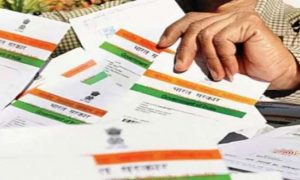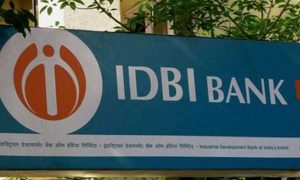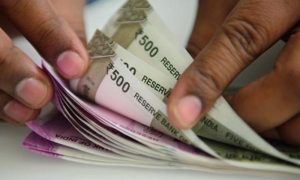Income Tax, Default Tax Regime: Employers will have to take ascent from their employees regarding their choice to opt for new tax regime or the old tax regime.
Read More:-Personal Loan vs Loan Against Securities: Which is a better option for you?
Income Tax, Default Tax Regime: Central Board of Direct Taxes (CBDT) has issued a notification with regards to the new income tax regime, informing that if any employee fails to mention their preference between the new and the old tax regime, then the employer will have to deduct income tax as per the newer tax regime.’
However, the CBDT notification further adds that when it comes to income tax, the onus will lie on the employer to deduct tax as per either of the two taxation regimes whichever applies to the employees. And the employers will have to take ascent from their employees regarding their choice to opt for new tax regime or the old tax regime.
Read More:-Axis AMC appoints B Gopkumar as CEO & MD, replaces Chandresh Nigam
Finance Minister Nirmala Sitharaman had announced in her Budget speech that the new tax regime would be the “default” tax regime for income tax payers from FY2023-24. Although this development did not make anything mandatory – as taxpayers still had the option to opt for the old tax regime for their income tax assessement, and it only meant that those looking to opt for the old tax regime would have to select it on the IT department’s portal, else they would be assessed under the new tax regime by default.
SLABS UNDER NEW TAX REGIME

In her Budget 2023-24 speech, she also announced changes to the new optional tax regime to ensure that effectively no tax would be payable for anyone whose taxable income does not exceed Rs 7 lakh.
Read More:-Uber CEO Spent Several Months As Cab Driver – Here’s What He Learned
In a departure from no exemptions on investments under the new optional tax regime, she also allowed taxpayers to claim a standard deduction of Rs 50,000. This move was seen as an attempt to make the new tax regime more lucrative for salaried classes.
Apart from extending the benefit of standard deduction, the Budget also raised the exemption limit and changed the tax rates a bit to make make the new regime more attractive to taxpayers.
Originally introduced in 2020-21, the new tax regime has now been revamped to ensure that no tax would be levied for income up to Rs 3 lakh.
Read More:-Union Bank opens ‘Special Rupee Vostro’ account in Malaysia: All you need to know
Income between Rs 3-6 lakh would be taxed at 5 per cent; Rs 6-9 lakh at 10 per cent, Rs 9-12 lakh at 15 per cent, Rs 12-15 lakh at 20 per cent and income of Rs 15 lakh and above will be taxed at 30 per cent. “The new tax rates are 0 to Rs 3 lakhs – nil, Rs 3 to 6 lakhs – 5%, Rs 6 to 9 Lakhs – 10%, Rs 9 to 12 Lakhs – 15%, Rs 12 to 15 Lakhs – 20% and above 15 Lakhs – 30%,” the Finance Minister said in her Budget speech.




































